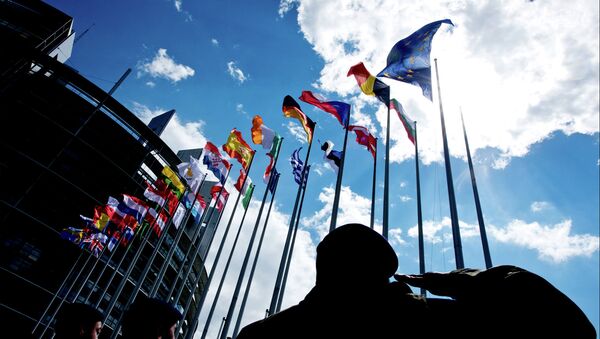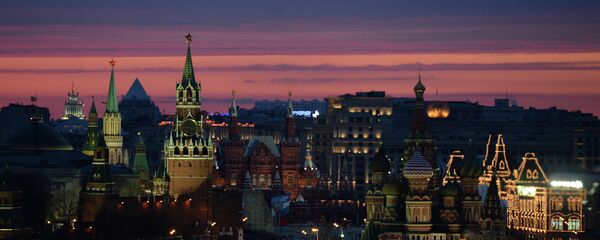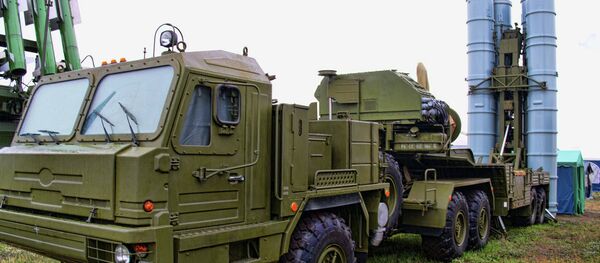“I disagree with mutual sanctions by USA, European Union and the Russian Federation, as they are counterproductive and increase tensions in Europe.”
On Thursday, Russian President Vladimir Putin said that the West is unlikely to lift sanctions against Russia because they are viewed as a strategy to contain the country. Putin added that Russia should not be distressed over the sanctions but use them instead to enter new levels of development.
Following the unfolding of the Ukrainian crisis in 2014, the European Union and the United States, alongside several other Western countries imposed several rounds of sanctions on Russia in an effort to force Moscow to cease its alleged support for anti-government forces in Ukraine.
“Generally speaking, arms delivery to unstable countries and regions could easily increase tensions and dangers and should therefore be handled with great care,” Senator Tiny Kox said.
“Russia should carefully consider decisions taken by the international community earlier, including the various elements of the new draft agreement on avoiding nuclear armament of Iran.”
Earlier this week, Russian President Vladimir Putin signed a decree lifting a ban on the sale of S-300 air defense systems, originally put into place following the 2010 UN Security Council embargo on arms deliveries to Tehran.
On Thursday, the Putin said there were no reasons for Moscow to retain the embargo, underlining that the S-300 is a purely defensive weapon.
Putin's decision to lift the S-300 sales ban took place two weeks after Tehran and the P5+1 – Russia, China, France, the United Kingdom, the United States and Germany – and Iran agreed on a framework for a deal to detail Iran's nuclear energy program. The framework involves sanctions against Iran, including the arms embargo, being phased out over time. The final deal is expected by July 2015.





